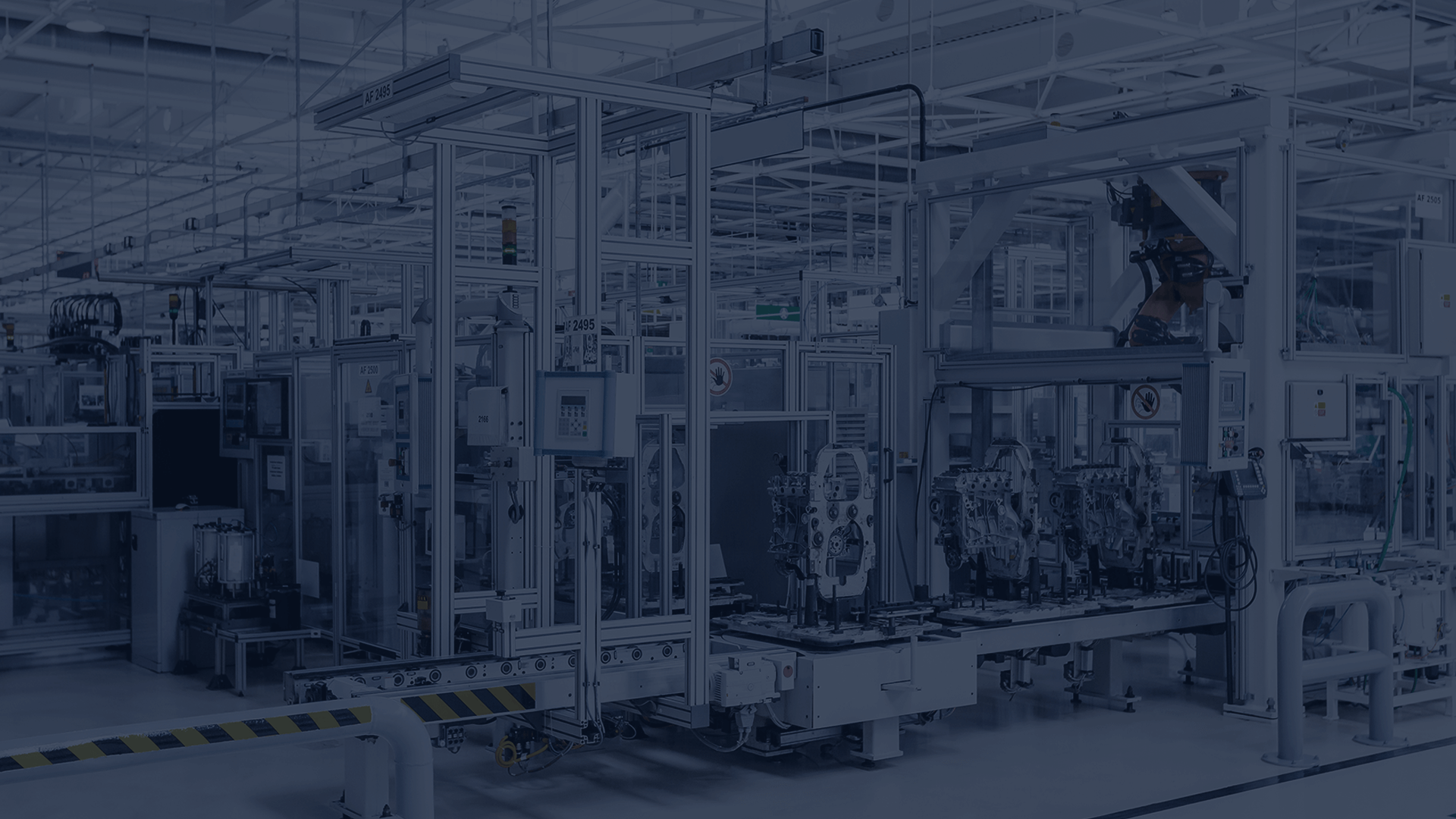In the manufacturing industry, access to reliable and timely data is crucial for optimizing operations and making data-driven decisions. Accurate data that is readily available can affect anything from operational efficiency to quality control to inventory management and more.
In other words, there is a direct line between data and a company’s bottom line.
A global manufacturing leader specializes in high-performance transmission belts and fluid power products. With over a century of history and a workforce exceeding 15,000 across almost every continent, they faced increasing challenges due to fragmented data management.
Business intelligence data was spread across multiple disconnected platforms, complicating access and consistency.
The Director of Global Business Intelligence was tasked with leading a large-scale migration to Power BI, a platform capable of centralizing data and streamlining reporting processes across their global operations.
Bringing Everything Under One Roof for Unified Insights
The manufacturing company recognized that their fragmented data landscape, with multiple BI platforms, was limiting their ability to generate unified insights. While it was great that so many different teams were adding to the wealth of business intelligence, the fact that this data was scattered between Tableau and Cognos was a major pain point.
Teams had to navigate all of these different tools every time they needed information. Their fragmented data made management complex and also made it impossible to maintain a single source of truth across the organization.
“The goal was to set up a centralized Power BI environment where our global business intelligence team and any employee needing analytics could access one consolidated platform,” shared the Director.
Although the manufacturing company had a consolidated data warehouse in place, inconsistencies arose due to all the different reporting tools. Their objective was clear: bring everything under one roof with Power BI to make it easier to leverage the data they were pulling in.
A Focus on Enterprise-Wide Implementations
The team at the manufacturing company worked with several other partners in the past, but Collectiv’s unique and deep-rooted expertise in Power BI implementations on an enterprise scale made the choice easy.
“This project wasn’t just about moving reports. We needed expertise in data architecture, premium licensing, and capacity planning. Collectiv demonstrated that they had both the technical skills and the ability to align with our organizational goals,” said the Director. He further emphasized the critical cultural fit that he felt with the Collectiv team.
There’s a level of know-how that comes along with hiring Collectiv, and the Director was excited to leverage that knowledge to create a strong foundation for a business intelligence program that could last for the long term.
End-to-End Support: Migration, Training, and Transformation
The core objectives of the project were straightforward yet ambitious: migrate existing Tableau and Cognos reports into Power BI, optimize the new environment, and provide extensive training to ensure long-term success.
Collectiv’s team provided end-to-end support—from designing the architecture to developing semantic models that would enable efficient reporting for the entire organization.
One of the key differentiators in this project was Collectiv’s staff augmentation approach.
From the start, Collectiv didn’t just assign consultants arbitrarily. Instead, they collaborated closely with the manufacturing company’s team to outline the specific technical expertise and soft skills required for success. They played an active role in this process by interviewing and selecting the expert consultants they wanted to work with.
“Collectiv’s approach to staff augmentation allowed us to handpick experts, ensuring a perfect cultural and technical fit for our project,” said the Director of Global Business Intelligence.
This thoughtful approach helped the manufacturing company assemble a project team that would not only meet their technical requirements but also integrate seamlessly with their internal teams.
Cutting Models by 50% to Boost Efficiency and Visibility
As anticipated, the impact of this project was far beyond that of a simple data migration—it was a full-scale transformation of their business intelligence environment. This consolidation and team-wide Power BI training empowered the manufacturing company to better leverage their data, more efficiently.
One of the most impactful achievements was the reduction in the number of models required for their enterprise reporting. “By consolidating our BI tools, we reduced the number of models needed for enterprise reporting by well over 50%. This was a game-changer,” the Director noted.
Now, the Director’s teams have just a handful of enterprise-wide semantic models in their entire environment that everybody can then use for their own analysis.
Another key accomplishment was the optimization of their premium capacity, which helped their team avoid costly Power BI licensing upgrades. “Power BI Premium capacities are expensive, so it’s a major financial win that the efficiency this project helped us achieve means that so far, we haven’t needed to increase our capacity,” added the Director.
This project garnered significant attention at the senior leadership level, and Collectiv’s efforts earned praise from the manufacturing company’s executive team. The impact of this project was felt far beyond just the Business Intelligence team—every team in the organization benefited from the data transformation that Collectiv made possible.
It’s not just the data tools you choose—it’s how you snap them together. Collectiv’s expertise extends across the entire Microsoft Data stack—from Power BI to Microsoft Fabric and beyond—giving you access to deep and wide knowledge, empowering you to transform your data operations from the inside out.
Reach out to the Collectiv team if you’re ready to streamline your analytics.




